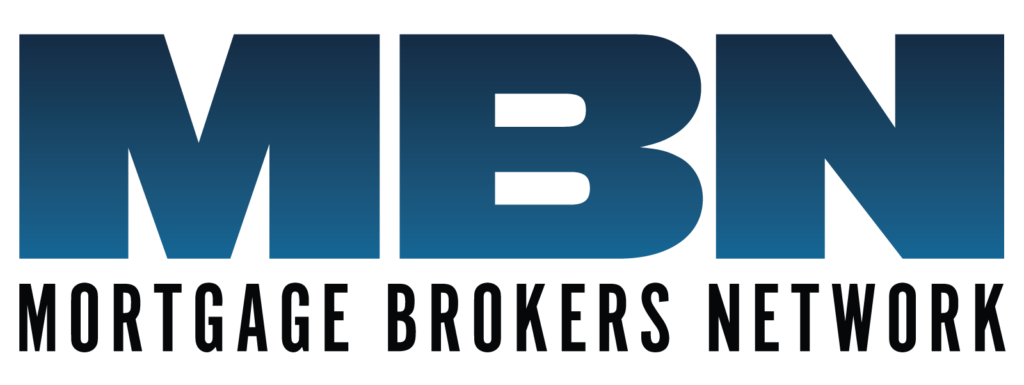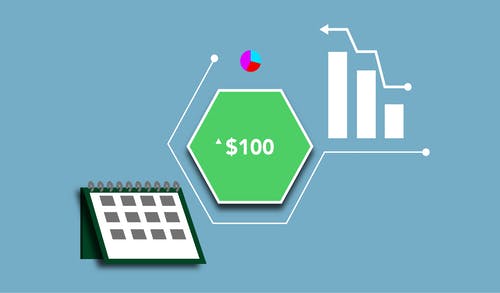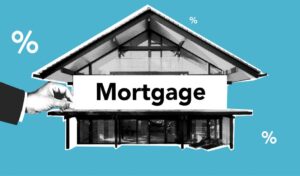While summing up the ups and downs of 2020, Canadian Mortgage Trends observed that mortgage rates in Canada weren’t just low to end off the year.
They were historically low.
So much so that HSBC was offering the lowest Canadian mortgage rate ever.
In a financial environment where low rates are big news, there’s a lot to like about refinancing your mortgage:
- Getting better repayment terms
- Maximizing lower interest rates
- Having positive cash flows
When you have bad credit, however, a lot of sure-thing financial strategies can become a lot harder. To that end, here’s what you need to know about doing a poor credit mortgage refinance.
1. You May Have to Work Harder on Your Application
For people with flawless credit, a funny thing happens when they apply for loans.
They get the red carpet treatment and all the low rates, great terms, and nearly instant approvals. For them, the application process is almost like a formality.
When you’re trying to refinance a home mortgage with poor credit, it can bit a bit more challenging but not impossible.
And that starts with using a great broker to put together a formidable application.
If you have documentation that shows the length and steadiness of your employment and you can show how the conditions that led to that missed payment or that high credit balance have improved, you can give yourself a better chance of approval.
But even so, you’ll still have to put in some additional legwork to establish your creditworthiness for lenders.
2. You May Need to Work on Your Credit Before Applying
Most folks are used to treating the phrase “Your past behavior is a solid predictor of your future behavior.” as a general guideline. For many mortgage lenders, however, this old saying is a rule to use while evaluating applications.
That’s why one way that you can improve your chances of getting approved for a mortgage refinance is to patch up your credit before you apply.
We often think of credit scores as something that you can only change over the course of a lifetime. But if you make a point of paying down outstanding credit balances while not applying for additional credit where possible, to name two measures you can take, you’d be surprised at just how much you can improve your credit score.
Not only do these financial practices help you with your overall money management, but they also help your credit score and your overall application look better to lenders.
3. You May Have to Find Alternative Lenders to Get Approved
When you hear the phrase “applying for a mortgage”, chances are that you have a specific picture in mind of what that looks like.
You gather your pay stubs. You list your current debts. Then book an appointment at the local bank and sit in a slightly uncomfortable office chair while explaining your story.
However, the unfortunate reality is that an especially low credit score can disqualify you from refinancing your mortgage through a traditional bank or credit union.
But even that doesn’t mean that you’re completely without options.
There are lenders who specialize in securing mortgages for people with low credit scores. And you may have to be ready to do your mortgage refinancing through one of them.
4. Trying to Refinance a Home Mortgage With Poor Credit May Not Make Financial Sense if You Have the Wrong Lender
The big selling point on refinancing your mortgage is the cheaper rates and the ability to cut your monthly payments. There are many details beyond the month-to-month savings that could make refinancing your mortgage a good idea.
Closing costs are fairly common and can be quite pricey when all is said and done. In addition, if you’re offered an interest rate that isn’t a whole lot lower than what you’re currently paying, you may not actually be saving money in the long run.
To be clear, higher upfront costs and closing fees may not be a dealbreaker. But there comes a point where a cost-benefit analysis may be necessary in order to move forward.
You can save yourself a lot of money and time by sitting down and calculating your mortgage options. This way you can go into applications with a clear understanding of the exact interest rate and fee amount that you can afford to pay before refinancing on credit becomes too expensive.
5. There’s Nothing Wrong With Bringing a Larger Down Payment to the Table
Unless you’re rolling in money to the point where it doesn’t matter, you would probably pause at loaning $10,000 to a friend with no questions asked even if you would have no problems spotting the same friend $10.
Banks and lenders tend to view mortgages and loan applications the same way in that a smaller amount represents less risk.
As much as sentences like “Historically low-interest rates!” and advice like “Lock in a lower mortgage rate!” can convince you that time is of the essence, you likely have more time to raise funds than you think when it comes to refinancing your mortgage.
And more importantly, a larger down payment gives you the ability to ask for a smaller amount. For many lenders, that total loan amount can be the difference between a “Not at this time.” and a “Yes.”
Here’s How You Can Get a Poor Credit Mortgage Refinance Application Approved
Refinancing a mortgage is like juggling. It looks like it should be a lot easier than it is actually is.
Bad credit doesn’t necessarily mean that your mortgage refinancing dreams can never succeed. Agan choosing the right broker to navigate the application process is your ace in the hole.
The good news is that when you’re aware of these details, it becomes a lot easier to come up with a poor credit mortgage refinance strategy that makes sense for your financial situation.
If you’re looking to refinance your mortgage but you’re concerned about your credit score, feel free to schedule a call with us. We’re here to help!
